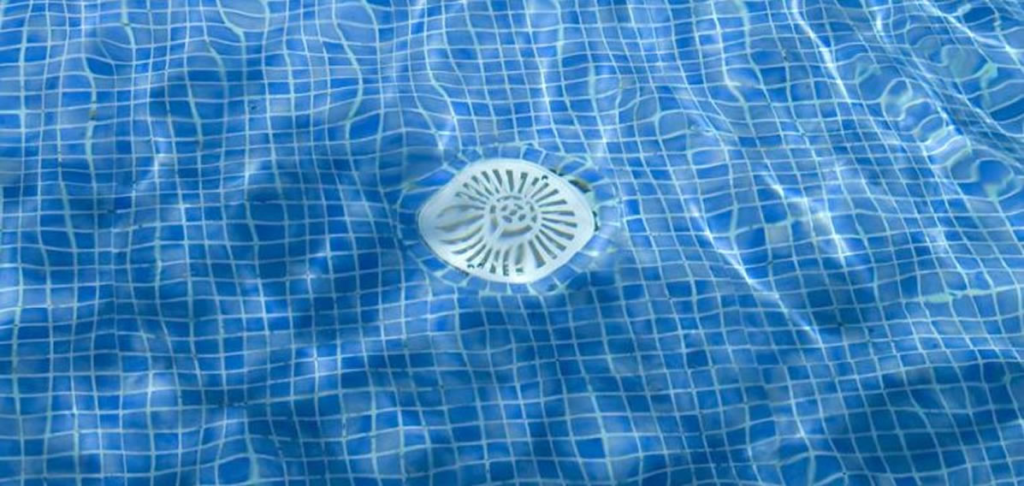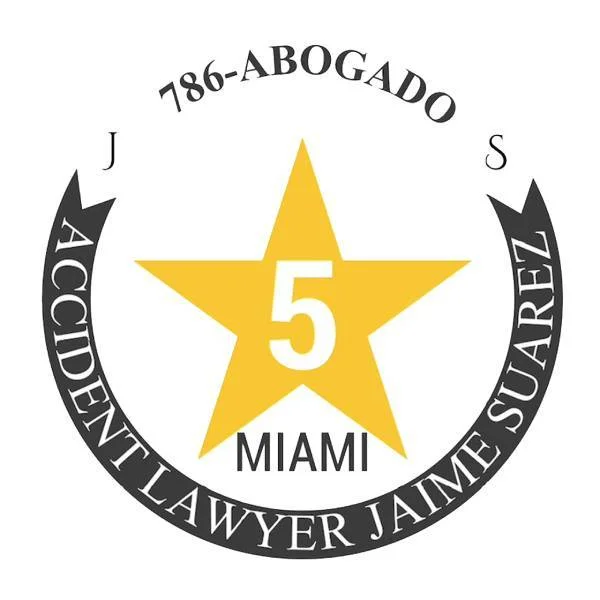Hey, it’s Jaime Suarez — Mr. 786 Abogado — and if you’ve got a pool in your backyard or your kids are diving into one at a hotel, condo, or waterpark, there’s something we need to talk about. It’s not the chlorine. It’s not the deep end. It’s something most people never think twice about — until it’s too late.
We’re talking about pool suction entrapment.
This isn’t some rare, freak accident. It’s a very real — and very preventable — hazard that’s taken too many lives, especially children. As a personal injury attorney who’s handled tragic cases involving unsafe premises, I’ve seen firsthand how one overlooked drain cover can change a family’s life forever.
So let’s break down exactly what suction entrapment is, how it happens, what’s being done about it, and what you can do to protect your kids.
What Is Pool Suction Entrapment?
Suction entrapment happens when the powerful suction from a pool or spa drain traps part of a swimmer’s body — or even just their hair or swimsuit — against the drain. Once that suction takes hold, it can be nearly impossible to break free without help, and in many cases, the person becomes submerged underwater.
The result? Drowning or severe injuries — sometimes even internal damage from the force of the suction itself.
- There are five common types of entrapment:
- Hair entrapment – Hair becomes entangled in the drain.
- Limb entrapment – An arm or leg gets stuck in the suction outlet.
- Body entrapment – A large portion of the body is held against the drain, often the torso or back.
- Mechanical entrapment – A swimsuit or jewelry gets caught.
- Evisceration/Disembowelment – In horrifying cases, the suction is strong enough to cause internal organ damage, especially in small children.
Real Cases: The Tragedies Behind the Stats
Let me put this in perspective with a few real stories that led to major changes in pool safety laws.
1. Valerie Lakey – North Carolina, 1993
At just 5 years old, Valerie was eviscerated by an uncovered drain in a public pool. The suction was so strong, it pulled her intestines out through her rectum. She survived — but required 14 surgeries and was left permanently disabled. This one case led to a $25 million settlement and kickstarted national awareness.
2. Abigail Taylor – Minnesota, 2007
Six-year-old Abigail was sitting on a pool drain when it caused fatal disembowelment injuries. She died nine months later due to complications from a transplant surgery. Her case helped push Congress to pass the Virginia Graeme Baker Pool and Spa Safety Act in 2008.
3. Virginia Graeme Baker – Virginia, 2002
Named after the granddaughter of former Secretary of State James Baker, 7-year-old Graeme drowned after being trapped underwater by a spa drain. Her mother tried desperately to free her — even others couldn’t pull her out in time.
These aren’t just headlines. These were real children. Real families. And the common denominator? Negligence — outdated or missing safety equipment, improper drain covers, lack of anti-entrapment systems.
What Laws Protect Us Now?
After years of advocacy, Congress passed the Virginia Graeme Baker Pool and Spa Safety Act (VGBA) in 2008. It requires:
- Anti-entrapment drain covers on all public pools and spas.
- Secondary safety systems (like vacuum release systems) in some pools.
- Periodic inspection and compliance.
But here’s the thing — this only applies to public pools. Private homeowners and certain older properties may still be operating without proper safety features.
That’s where things get dangerous — and where lawyers like me step in to hold negligent property owners accountable.
How Can You Spot the Risks?
If you’re taking your kids swimming — whether it’s at your condo, a friend’s backyard pool, or a hotel while on vacation — here’s a checklist I tell every parent to run through:
- Check the Drain Covers
- Look for flat, secured covers that are VGBA-compliant. They should be:
-
- Screw-fastened (not loose or floating)
- Rounded or dome-shaped (not flat grates)
- Intact — no missing screws, no cracks
-
- Look for flat, secured covers that are VGBA-compliant. They should be:
If the drain looks like it hasn’t been touched in 10 years, skip that pool.
- Count the Drains
- Pools should have multiple drains — especially in the deep end or spa. This “dual drain” setup reduces suction power at any one point. A single main drain is a red flag.
- Ask the Right Questions
- Don’t be afraid to ask:
- When was the last inspection?
- Are the drains VGBA-compliant?
- Is there an emergency shutoff or vacuum release system?
- If you don’t get a clear answer, don’t trust the water.
- Don’t be afraid to ask:
- Watch the Water Flow
- If you see a ton of suction at the surface or swirling near a single point, that may indicate an overpowered or improperly maintained pump.
- Never Let Kids Swim Alone
- Suction entrapments are silent killers. There’s no splash, no scream. You need eyes on your kids — always.

What Should Property Owners Be Doing?
If you own or operate a pool — and you invite guests, tenants, or the public — you have a legal duty to make your pool safe.
That includes:
- Upgrading to VGBA-compliant drain covers
- Installing automatic pump shut-off systems
- Performing regular inspections
- Clearly marking hazards
- Keeping access gates locked and secured
Failing to do this is more than careless — it’s negligent. And when that negligence leads to a child’s death or injury? That’s where I step in.
What If This Happened to Someone You Love?
First, I hope you never need to make that call. But if your child or someone you care about has been injured due to a dangerous pool setup, know this:
You’re not alone. I’ve handled these cases. I’ve gone up against property managers, hotels, HOAs, even private homeowners — and we’ve gotten justice.
Your case may involve:
- Premises liability
- Product defects (bad drain covers or pump systems)
- Building code violations
- Negligent supervision
Every detail matters — from inspection reports to witness statements to pool permits. That’s why it’s so important to get legal help immediately if something happens.
Final Thoughts from Mr. 786 Abogado
I know this is a heavy topic. But it’s one of those conversations we have to have — especially in Florida, where backyard pools are as common as palm trees.
If you’re a parent, be proactive. If you’re a property owner, be responsible. And if you’re the victim of a pool-related injury — call me.
Let’s make sure no more families have to suffer the way others already have.
Because a fun day at the pool should never cost a life.



